Board games are good for you, actually. While that in itself is not news, I thought I’d draw your attention to some brilliant new research being undertaken in Japan that further cements the fact that board games are not just great for our cognitive health, but can also be helpful in battling dementia.
We, as likers of the best board games, have understood the benefits of board games for generations. The ancient Lydians survived years of famine by board gaming one day, and eating the next in case you didn’t know (I had to get this fact in here). But as we move into a supremely tech-obsessed future, it’s great to see mental health studies showing that board games aren’t just a waste of time, but that they can be pivotal in keeping our minds active and healthy.
Game designers in Japan, in fact, have been using gesture- and scent-based board games in recent research to help people suffering with dementia stay engaged with and connected to the people around them, as well as their culture.
One such recently released game, and the first developed in collaboration with the Kyoto prefectural government for the project, is NOH MY GOD! from Kodansha Creators’ Lab. Players wear a noh mask to hide their facial expressions, and are tasked with conveying an object or place on a drawn card through gesture alone. There’s no correct gesture but the quicker other players guess the card, the more points are awarded. It works to help people struggling to communicate verbally, and allows dementia sufferers to revive their ability to read and communicate through body language.
Another game being used to the same effect is Kunkunkun by Shoyeido Incense Co. which sees players matching scented cards to create sets using their sense of smell. Japan News notes that the designers were involved in a previous collaborative study to understand how scent can affect memory.
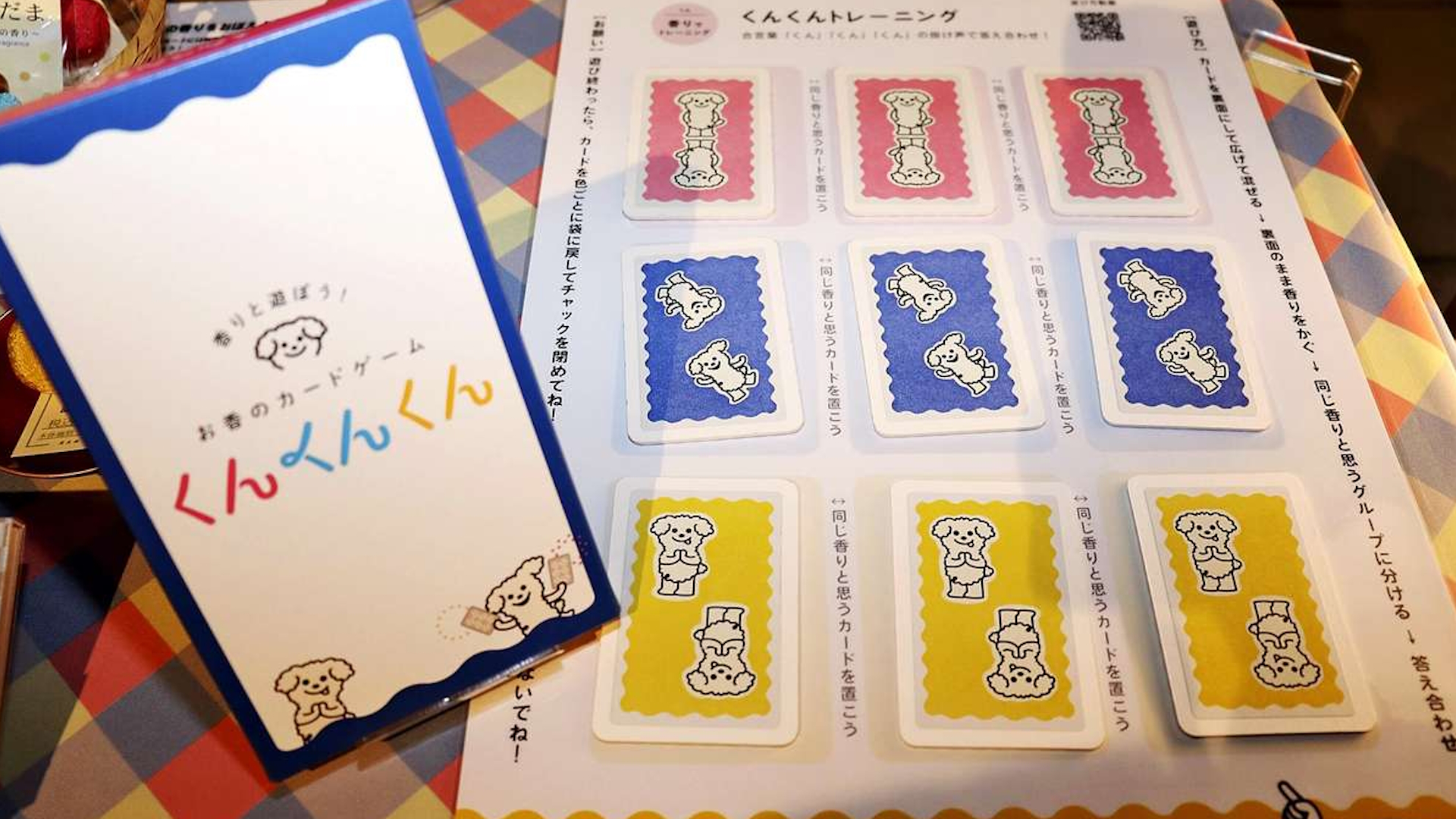
Thanks to the game’s clever utilization of culturally significant incense and food scents, dementia sufferers not only open up different neural pathways aiding in memory recall, but also report feeling more connected with their culture. Kunkunkun is now being used in senior care facilities as a dementia prevention activity.
For dementia sufferers, the brilliance of these games comes not only in their ability to help players engage without needing specific prior knowledge, but also in their uncommon methods of interaction that can help to jog memories that would otherwise remain dormant. And as Folklore specialist Toru Yagi of Bukkyo University believes, games like NOH MY GOD! and Kunkunkun may help “Stimulate a longing for the mysterious world of Kyoto culture.” Something I’m sure anyone could benefit from. I mean, what’s life without a little mystery?
For more recommendations, why not check out the best card games or best two-player board games.
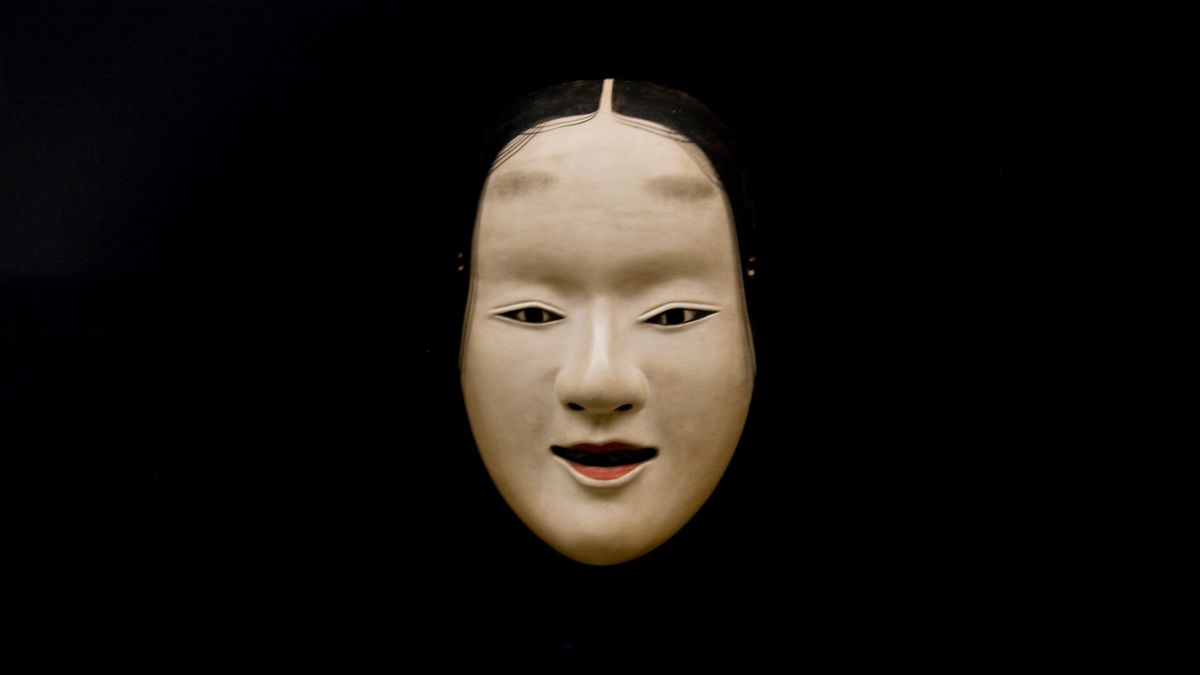
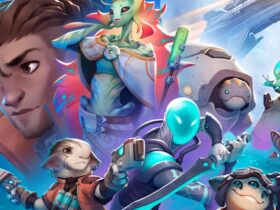

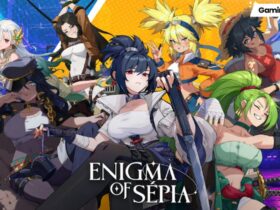
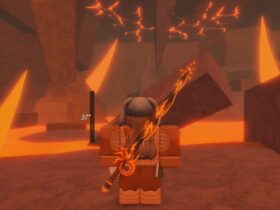
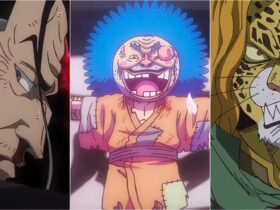

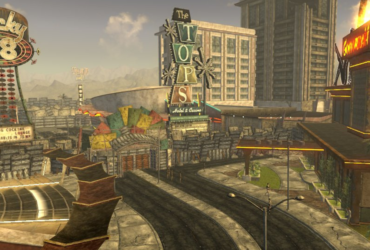
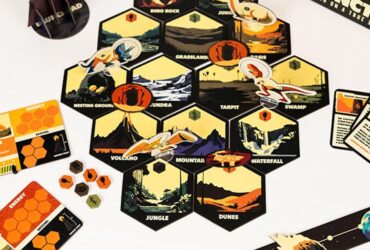
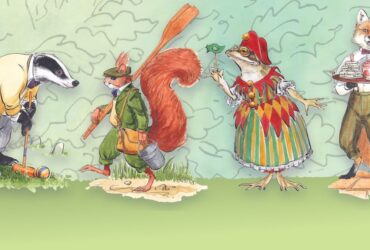
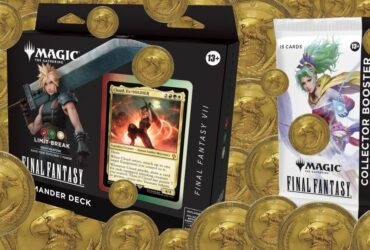
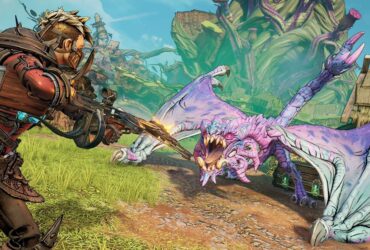
Leave a Reply